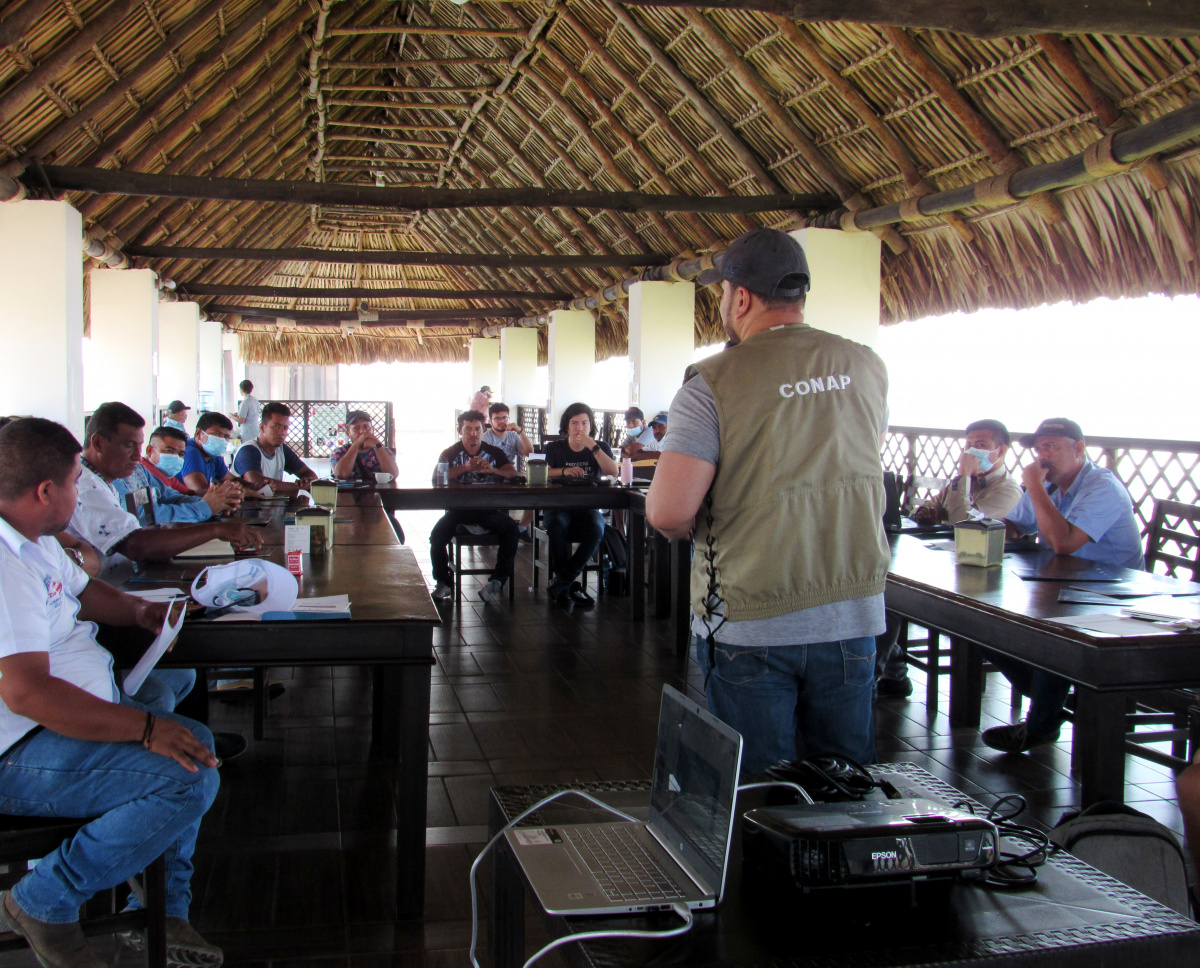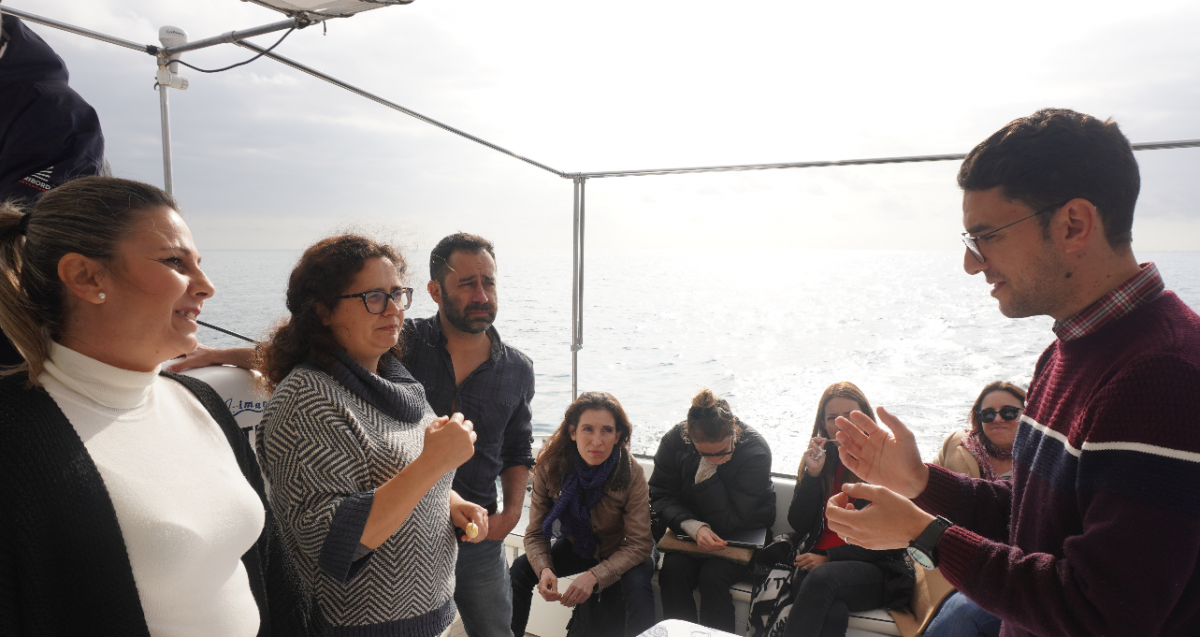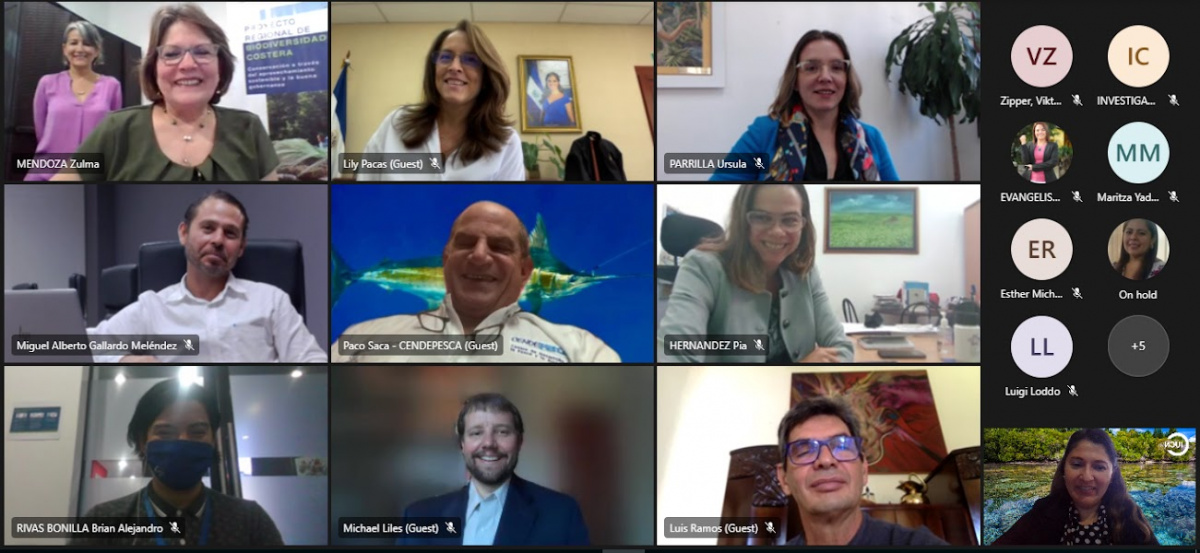IUCN Acting Director General’s Statement for World Oceans Day
Imagine the deep blue ocean, an immense ally that provides food and oxygen, regulates our climate, links distant shores, and serves humanity as a source of social and economic development.
That ocean is in danger, and recent scientific research gives even greater cause for concern about its health. Last year alone, IUCN’s Ocean Deoxygenation report, the IPCC Special Report on Ocean and Cryosphere in a Changing Climate, and the IPBES Global Assessment Report on Biodiversity and Ecosystem Services helped us understand that our activities are depleting the ocean’s oxygen levels, making the seas warmer and more acidic, and critically threatening biodiversity.

Fisher, Indonesia.
Photo: © かねのり 三浦 / Pixabay
We now better understand the multiple threats to marine life and what needs to be done to protect the seas for future generations. But understanding only takes us so far – we must act on our knowledge, and we must do so urgently, because humanity is destroying the ocean. More than ever before, we must treat this amazing ally with the greatest respect. We need a healthy ocean for healthy people.
To achieve this, we need a strong, coordinated policy response that channels scientific insights into effective ocean conservation, from new and strengthened international trade agreements to better management of marine resources. We also need to work with coastal communities, embracing their traditional knowledge and innovations.
Thankfully, we are taking positive steps forward. States are working on a new, legally binding international instrument for marine biodiversity in areas beyond national jurisdiction, designed to improve the conservation and sustainable use of marine life in the high seas. This instrument must set clear guidelines to protect deep-sea life from activities such as deep seabed mining. Elsewhere, negotiations are ongoing among World Trade Organisation member states towards ending harmful fishing subsidies, which threaten the world’s marine resources.
The global business community is also taking action for ocean health – the newly emerging sustainable “blue economy” holds much promise. This space is where investors are searching for sustainable investment opportunities, and to meet this demand, facilities such as the Blue Natural Capital Financing Facility are starting to offer investment opportunities that generate climate change resilience, biodiversity restoration and return on investment.
As part of these positive steps forward, indigenous peoples and local communities are sharing their knowledge and traditional practices – making aquaculture projects more sustainable, for example. Furthermore, coastal communities and organisations are calling for healthy oceans to be part of the global recovery from the COVID-19 pandemic, so that we do not just rehabilitate the world, but ensure it truly prospers.
All of this is good news, and gives us cause for hope through action.
As we enter the United Nations Decade of Ocean Science for Sustainable Development, key events over the next 18 months will provide critical opportunities to expand science-based solutions and propel action on the ground. The IUCN World Conservation Congress, taking place January 2021 in Marseille, will be the first major milestone in this journey, bringing together policy makers, scientists, NGOs, indigenous peoples’ organisations and the private sector to drive conservation action.
Let us remember that the evidence is clear: human activity poses a grave threat to ocean health on multiple fronts, but we have the science and we understand what it’s telling us. On this World Oceans Day, our challenge is to accelerate the conversion of that knowledge into action.



